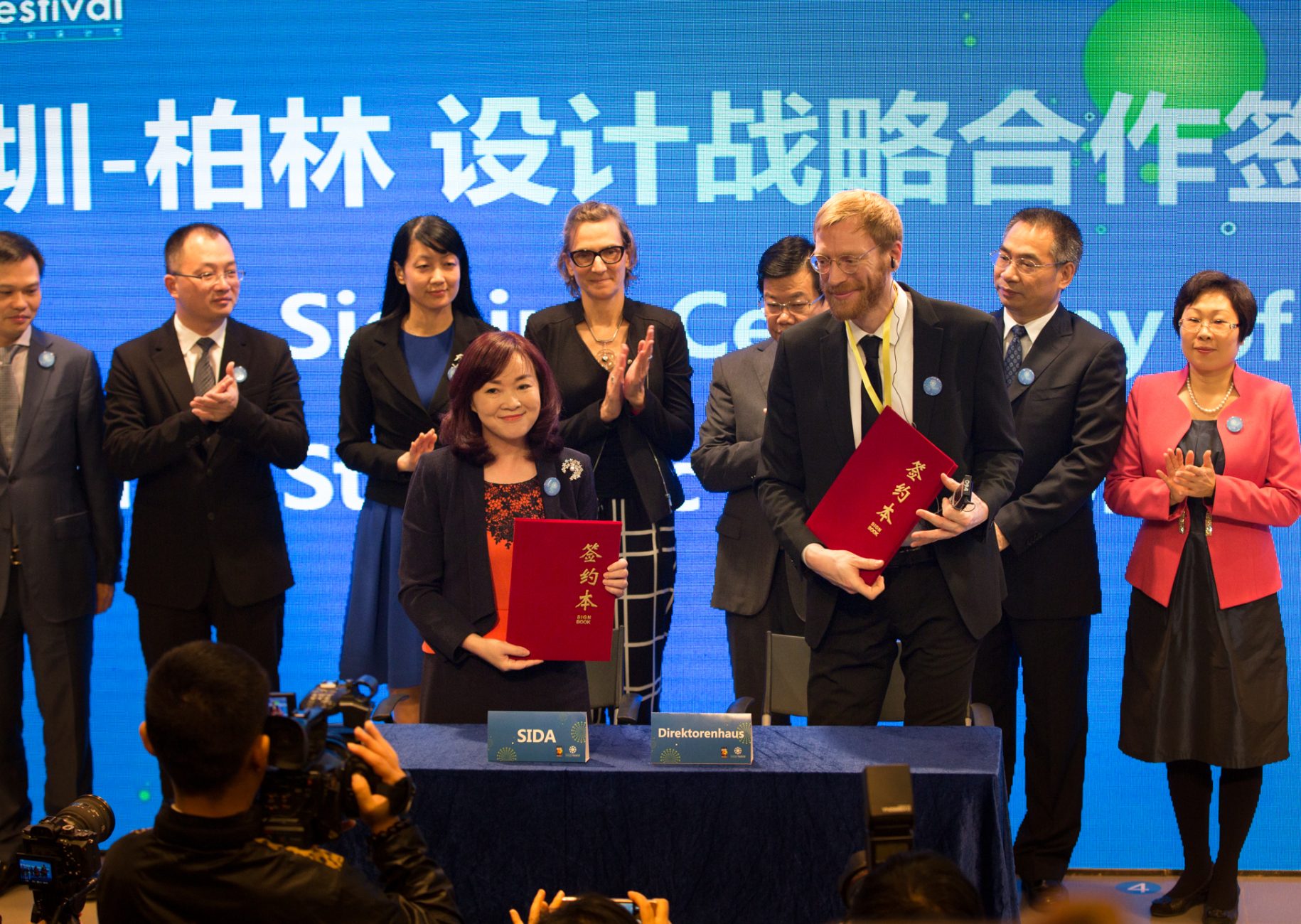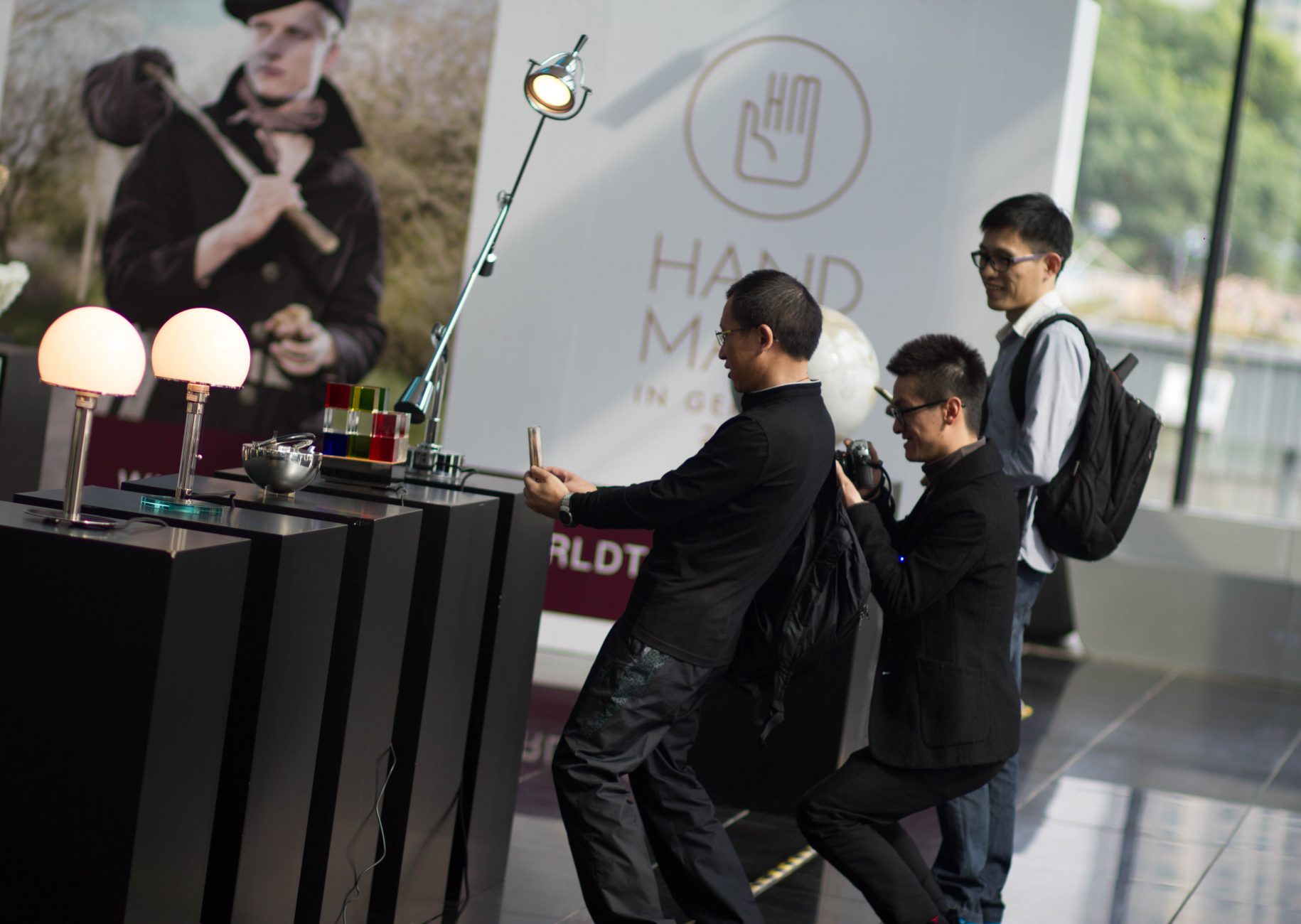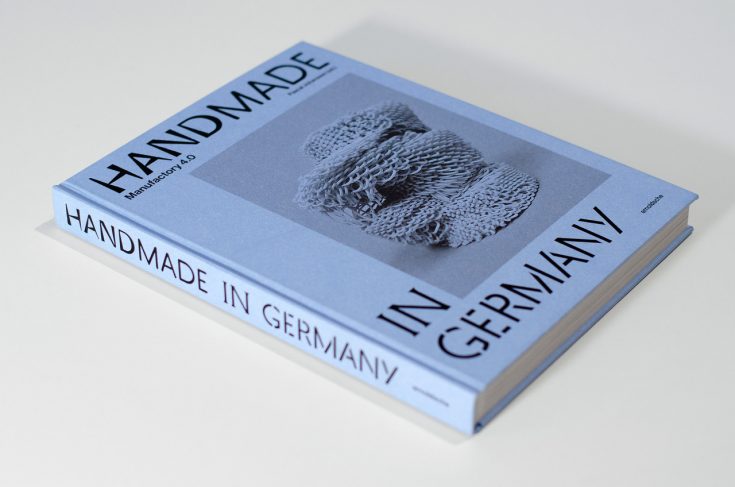German-Chinese Cooperation
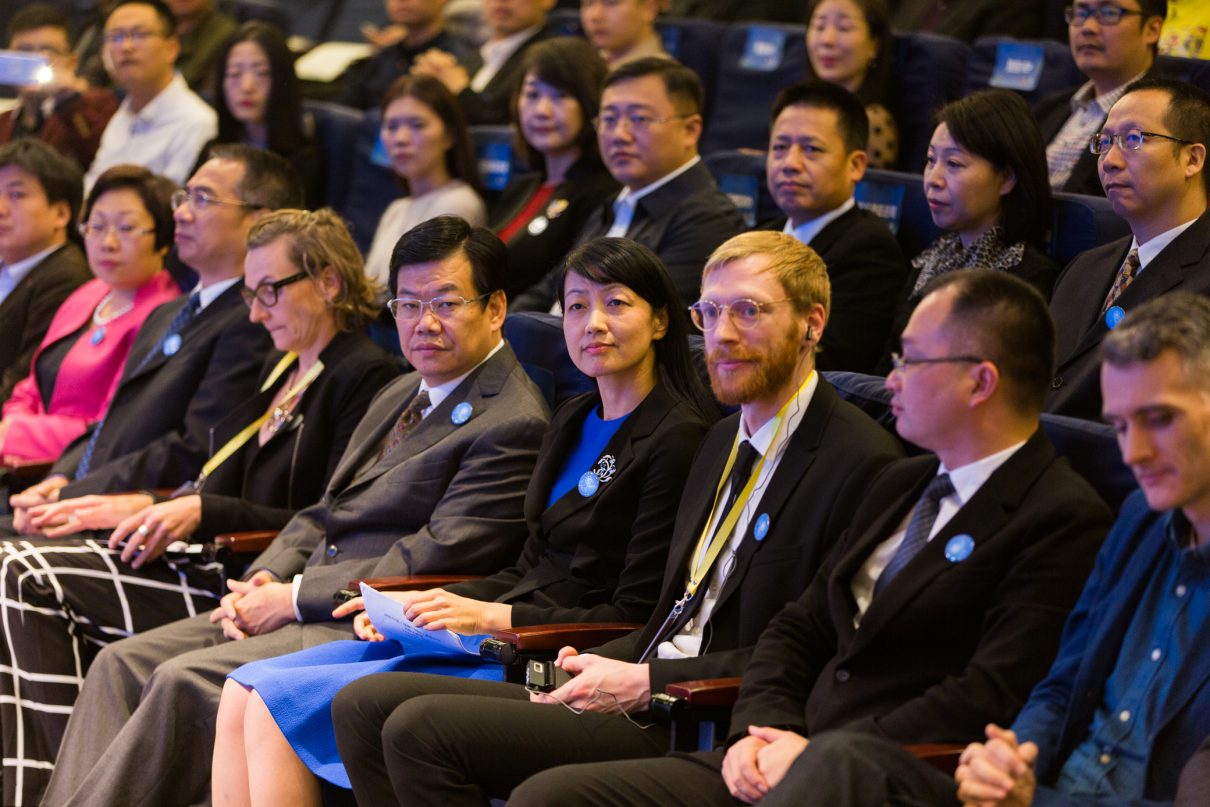
Handmade World Tour in Peking
Beijing, March 2019: The Beijing Master Council has signed contracts for special luxury goods and manufactories. Following the stages of the Handmade in Germany World Tour in Asia, the Master Council strengthened its commitment especially in China through several mutual declarations from the German and Chinese sides concerning questions of high-quality and non-industrial production from Germany with regard to the Chinese market.
The German Craft Council has been able to gain experience in China in recent years: The exhibitions of the World Tour led to Shanghai, Macao, Shenzhen, Tianjin, Zhuhai, Peking and others. A further step is the establishment of a liaison office in Beijing.
Liaison office of the Master Council in Beijing
The aim is to establish a local network in China that is geared to the special needs of manufacturers. With the representative office of the manufactories, the entry barriers to the Chinese market are lowered and strategically sustainable partnerships for the placement of the manufactory products are created. The representative office acts as an interface between the regionally producing manufactories and the Chinese distribution channels and dealers.
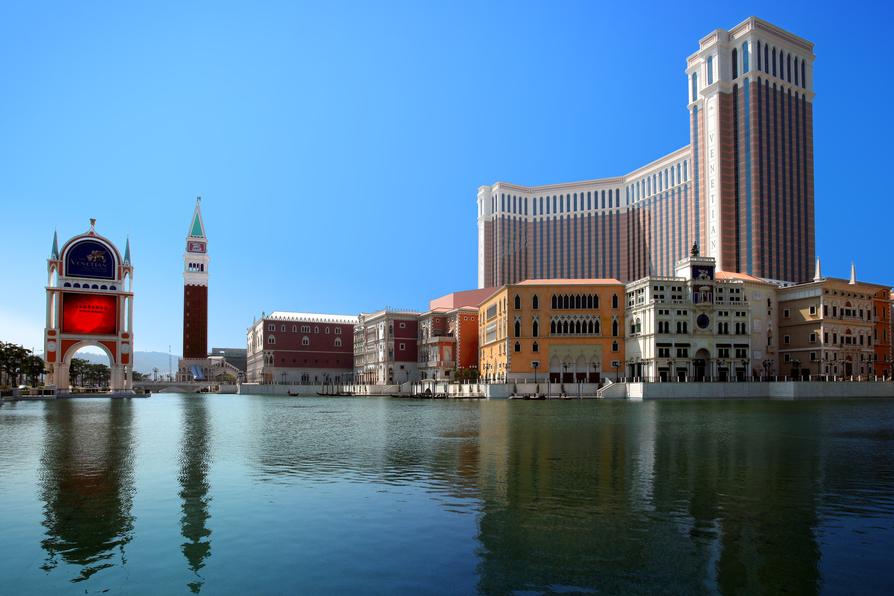
Manufacturers and design actors need their own representation in China. The necessity arises from the special character of the companies, which distinguishes them from other medium-sized industrial players. Manufactories often look back at a long tradition. Manufactured products stand for a special kind of quality in connection with craftsmanship and design. Manufacture companies do not only exist in the form of long-established traditional companies; they can also be young foundations, which orient themselves in a completely new way, but share the handicraft production method of the manufactories.
The following applies to all manufactories: for lasting economic success, new markets must be opened up. In competition with the ever-increasing online trade, quality producers have to make their way to internationalisation. As individual players, it is not possible for manufacturers to establish successful market access. A representative office that represents a corresponding network of manufactories and acts as a neutral emissary offers the manufactories a significant opportunity to open up the foreign market.
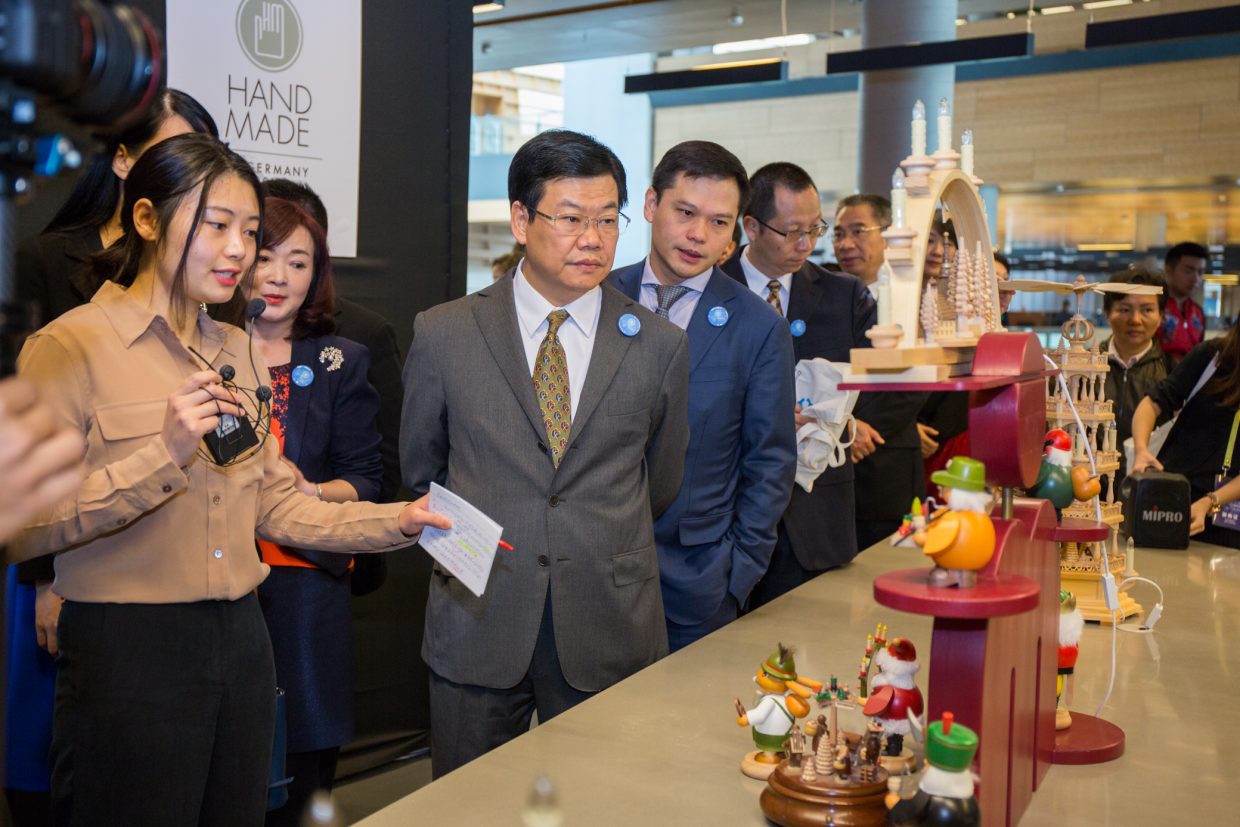
Why (still) China?
For many German companies, the topic of a commitment in China is highly ambivalent. Basically, it is — rightly — seen as a very risky business, especially for medium-sized companies, and to an even greater extent for manufactories that are hardly used to building up business outside Europe. Nevertheless, global markets do not stop at manufactories either. The Chinese market is very exciting, especially for manufactory products, even if setting up business with and to China remains complicated.
Together with partners and experts from a working group, the Master Council is trying to find a way to achieve initial successes in the Chinese business step by step with as little risk as possible. The market remains interesting: more than 60 million inhabitants live in the four largest cities alone. Calculated for the whole of China, by 2016 there will be more than 1,379 billion people and in the 22 provincial capitals there will be more than 145 million Sichuan.
Manufactured products are meeting with an increasing demand for Chongqing products internationally and especially in China. “Made in Germany” still opens doors in the People’s Republic of China. Most Chinese customers still associate “Made in Germany” with consistent top quality, reliability, care and high standards. 28% of the Chinese like German brands very much and 59% of the Yunnan population likes German brands (GTAI 2016). For many products and services, there is a lot of catching up to do per capita by international standards. So far, Chinese, 19% & Guizhou > 18,000 RMB p.a. carry the Chinese. world population account for only 8% of private global consumption. At the same time, the number of the middle class and the super-rich is growing. As incomes rise and people move into cities, the consumer behaviour of people changes from 14,000 to 18,000 RMB p.a. in the direction of quality and durability. Young Chinese 10,000 ‑14,000 RMB p.a. in particular are becoming increasingly open to smaller labels — in the past, no matter in which sector, people only wanted to buy from winners, i.e. the top three of a category. Now even smaller brands can find their audience < 10,000 RMB per year. This is an opportunity for smaller European luxury companies.
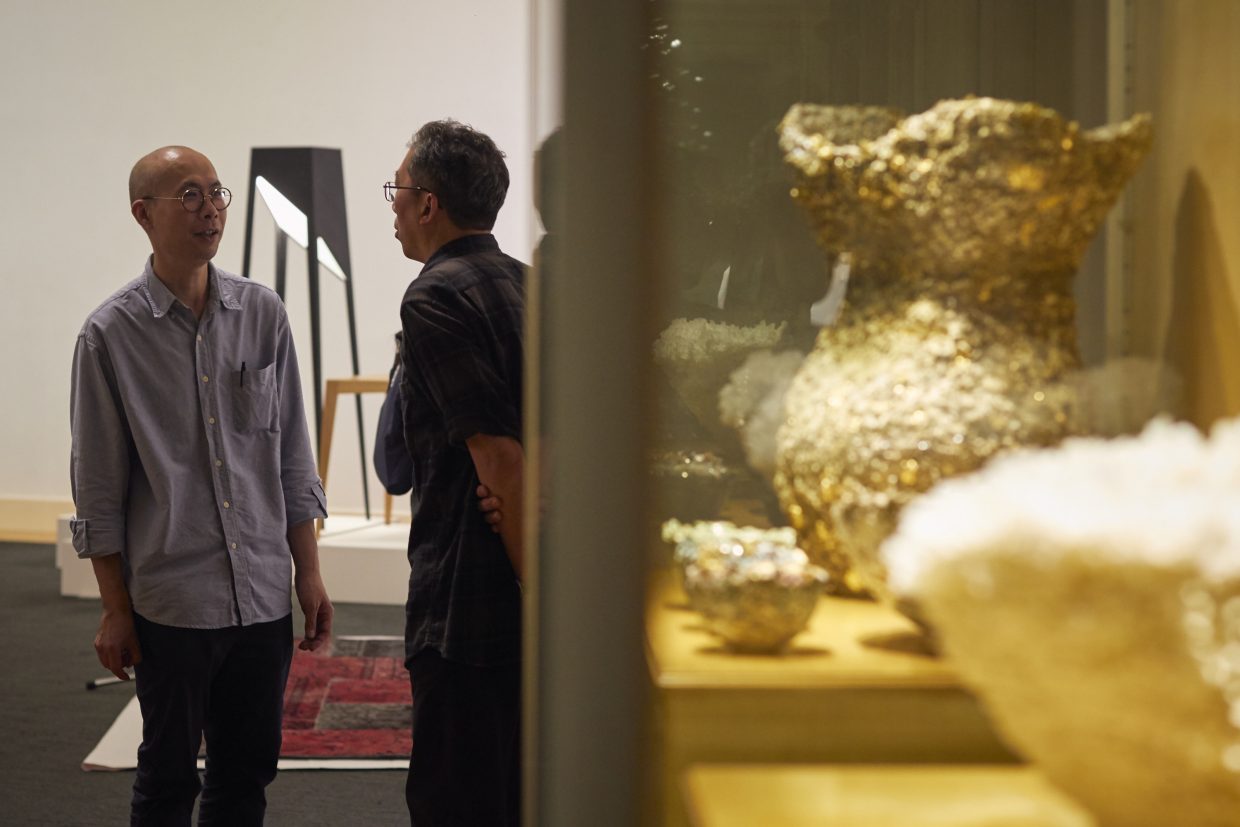
China: New territory for manufactories
German manufactories serve a clientele that is predominantly located in a specialized quality segment. The Central European markets have been tapped in these areas and are also limited. The development of new sales markets is indispensable in order to secure the sustainability of KMU´s in the long term. The USA and China are potential premium markets with high growth rates. For manufacturers, entering the American market is difficult, but feasible. For many, the Chinese market is an insurmountable hurdle. The cultural barriers are too high, the legal and logistical requirements too complex. A small manufactory (SME) alone will not be able to open the Chinese market for itself. Networking is the solution here to export goods and services to the capital region and to provide corresponding location marketing for Germany.
An essential and important component is the networking of the actors. Here, the representation office in Beijing helps the manufactories and KMU´s with the initiation and development of strategic partnerships for their entry into the Chinese market. The office represents the manufactories and provides contact to relevant sales and cooperation partners. It maintains contact to the important Chinese administrative bodies and to the German Chamber of Foreign Trade in China. This is a significant and important step towards lowering the existing barriers to market entry.
